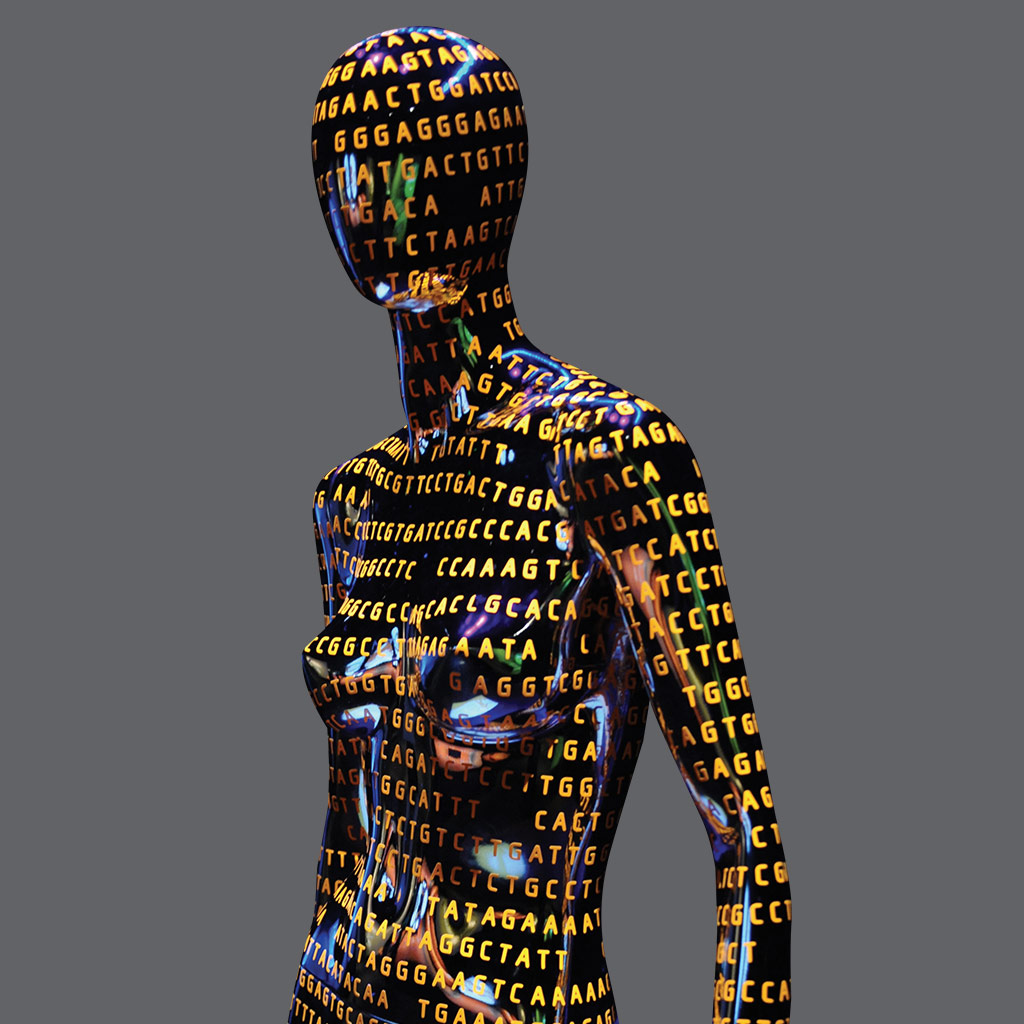National DNA Day 2019: Another Year to Celebrate Genomes
As featured in The Genomics Landscape earlier this year, Dr. Bill Gahl recently stepped down as NHGRI’s Clinical Director. I am pleased to announce that the search to identify the next NHGRI Clinical Director is now open. The Institute is excited to find an outstanding physician-scientist for this important position, one who will lead our Intramural Research Program’s research efforts to implement genomics in medicine. Further details can be found in the position announcement.
Speaking of genomic medicine implementation… as part of NHGRI’s ‘Genomics2020’ Strategic Planning Process, the Institute will hold a workshop in September focused on genomics in medicine and health. In advance of that meeting, we are soliciting ideas about the anticipated challenges and opportunities over the next decade in this area of genomics. All submissions will be evaluated, and the submitters of the 12 most innovative and compelling ideas will be invited to participate in the workshop. But note— the submission deadline is tomorrow! For more details, visit the workshop website.
All the best,
![]()
In This Issue
2020 Vision for Genomics
- Upcoming ‘Genomics2020’ events include: a poster at the Cold Spring Harbor Laboratory Biology of Genomes Meeting in May, a Town Hall at NIH in June, and a Town Hall at Massachusetts General Hospital in July.
- To stay informed about the various strategic planning events, please sign up for email updatesand monitor the 'Genomics2020' calendar.

Genome: Unlocking Life's Code
The Genome: Unlocking Life's Code exhibition is currently touring North America.
Current: January 19, 2019 - May 19, 2019
McWane Science Center
Birmingham, Alabama
Next: Summer 2019
DaVinci Science Center
Allentown, PA

About The Genomics Landscape
A monthly update from the NHGRI Director on activities and accomplishments from the institute and the field of genomics.
For More Information
Last updated: May 9, 2019






